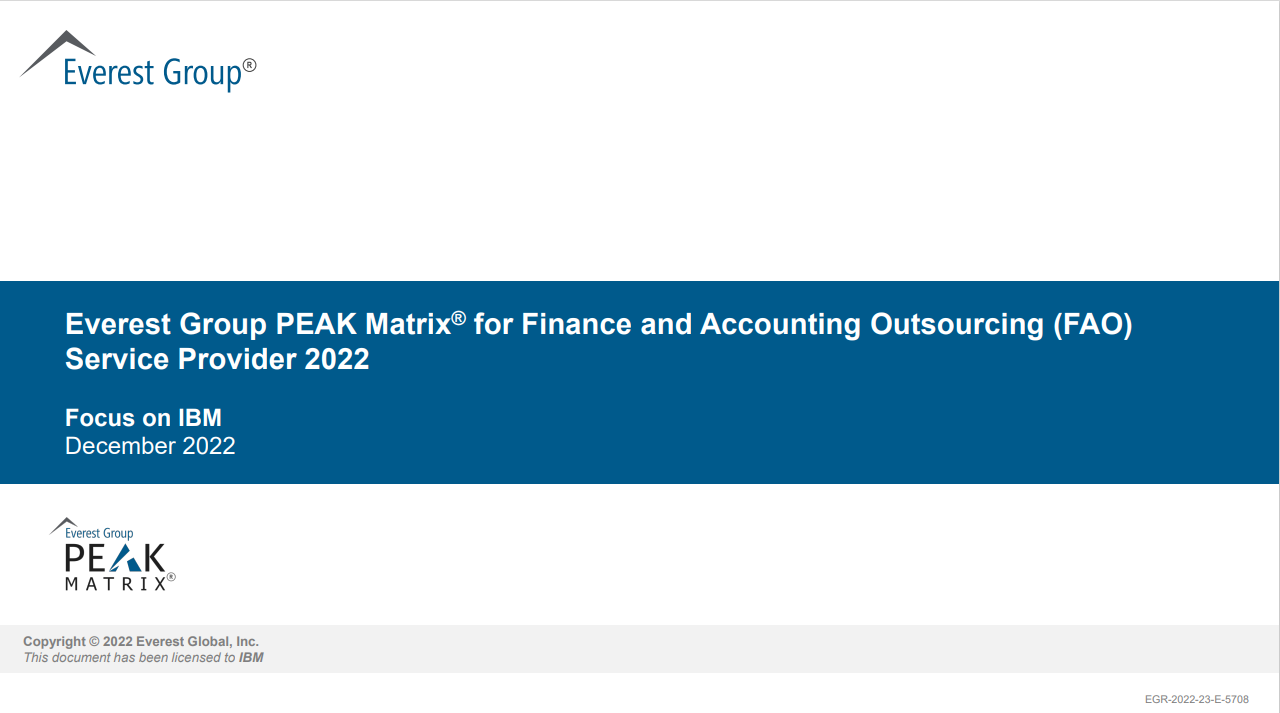UK to impose drone laws, with tech set to boost GDP by £42bn
Government wants to balance regulation with the sector's growth

New legislation coming into effect could force UK drone users to face flying tests, amid other rules, but the government maintains it does not want to harm the technology's positive impact on GDP.
Under the new changes being introduced, users may have to pass online safety tests and register with the Civil Aviation Authority (CAA) if their drone weighs 250g or more.
Users who fail to adhere to the flight restrictions could face unlimited fines, up to five years in prison, or both and those that do not register with CAA could face fines of up to 1,000.
The rules should come into effect between 30 July and 30 November, according to aviation minister Baroness Sugg, who said the measures were needed to protect aircraft and their passengers.
Earlier this week, a report by PricewaterhouseCoopers (PwC) estimated that drone technology has the potential to increase UK GDP by 42 billion by 2030.
Baroness Sugg said the government was keen to not stunt the growth of the sector, but stressed that is was important to "ensure drones are used safely and responsibly".
The PwC's research estimates there will be more than 76,000 drones in use across the UK skies by 2030, with more than a third of those potentially being utilised by the public sector, in areas such as defence, health and education.
Get the ITPro daily newsletter
Sign up today and you will receive a free copy of our Future Focus 2025 report - the leading guidance on AI, cybersecurity and other IT challenges as per 700+ senior executives
The report also estimates that 628,000 people could be working in the drone economy by 2030 in new types of jobs to develop, build, operate and regulate drones.
"The UK has the opportunity to be at the leading edge of exploiting this emerging technology, and now is the time for investments to be made in developing the use cases and trial projects needed to kickstart our drone industry," said Elaine Whyte, UK drones leader at PwC.
"In order to realise the full potential from drones, the immediate focus must be on developing society's confidence in the technology to help drive acceptance and increase adoption."
Robert Garbett, CEO of Drone Major and chairman of the BSI Committee on Drone Standards, welcomed the PwC's report but pointed out that the UK is only seeing a small fragment of what drones can do and how advances in the technology are redefining the term 'drone'.
The emergence of hybrid drone systems, which are able to operate across different environments such as surface, underwater, air & space, could impact the UK economy more than the report estimates.
"It is the emergence of such concepts and the advancement of autonomous systems across all environments that have led to the emergence of a new definition for a 'drone' incorporating 'any vehicle, ship, aircraft or hybrid system which is autonomously or remotely controlled'," he said.
"When we consider the drone industry from this perspective, the impact on the UK economy, jobs, productivity and quality of life takes on a whole new meaning and a much larger figure."
Picture: Shutterstock
Bobby Hellard is ITPro's Reviews Editor and has worked on CloudPro and ChannelPro since 2018. In his time at ITPro, Bobby has covered stories for all the major technology companies, such as Apple, Microsoft, Amazon and Facebook, and regularly attends industry-leading events such as AWS Re:Invent and Google Cloud Next.
Bobby mainly covers hardware reviews, but you will also recognize him as the face of many of our video reviews of laptops and smartphones.
-
 Cleo attack victim list grows as Hertz confirms customer data stolen
Cleo attack victim list grows as Hertz confirms customer data stolenNews Hertz has confirmed it suffered a data breach as a result of the Cleo zero-day vulnerability in late 2024, with the car rental giant warning that customer data was stolen.
By Ross Kelly
-
 Lateral moves in tech: Why leaders should support employee mobility
Lateral moves in tech: Why leaders should support employee mobilityIn-depth Encouraging staff to switch roles can have long-term benefits for skills in the tech sector
By Keri Allan
-
 Magic quadrant for finance and accounting business process outsourcing 2024
Magic quadrant for finance and accounting business process outsourcing 2024whitepaper Evaluate BPO providers’ ability to reduce costs
By ITPro
-
 Capita CEO to be replaced by AWS exec
Capita CEO to be replaced by AWS execNews Jon Lewis is leaving Capita after more than five years
By Richard Speed
-
 Everest Group PEAK Matrix® for Finance and Accounting Outsourcing (FAO) service providers 2022
Everest Group PEAK Matrix® for Finance and Accounting Outsourcing (FAO) service providers 2022Whitepaper Understanding and assessing FAO service providers based on their vision & capabilities and impact on the FAO market
By ITPro
-
 Botched IT upgrade inadvertently cuts pay for Next employees
Botched IT upgrade inadvertently cuts pay for Next employeesNews Salary issues have dogged the retailer since February after it outsourced payroll to Oracle
By Bobby Hellard
-
 HCL Technologies accused of underpaying H-1B workers by $95 million per year
HCL Technologies accused of underpaying H-1B workers by $95 million per yearNews Report claims the Indian IT outsourcing firm has committed wage theft and called on the federal government to curb abuses of the visa programme
By Zach Marzouk
-
 Podcast transcript: How umbrella companies exploit IT contractors
Podcast transcript: How umbrella companies exploit IT contractorsIT Pro Podcast Read the full transcript for this episode of the IT Pro Podcast
By IT Pro
-
 The IT Pro Podcast: How umbrella companies exploit IT contractors
The IT Pro Podcast: How umbrella companies exploit IT contractorsIT Pro Podcast Is tighter regulation needed to stop workers from being cheated out of earnings?
By IT Pro
-
 MPs blast ‘unacceptable’ rise in online banking failures
MPs blast ‘unacceptable’ rise in online banking failuresNews Select committee also brandishes third-party cloud providers as a "source of systemic risk"
By Keumars Afifi-Sabet